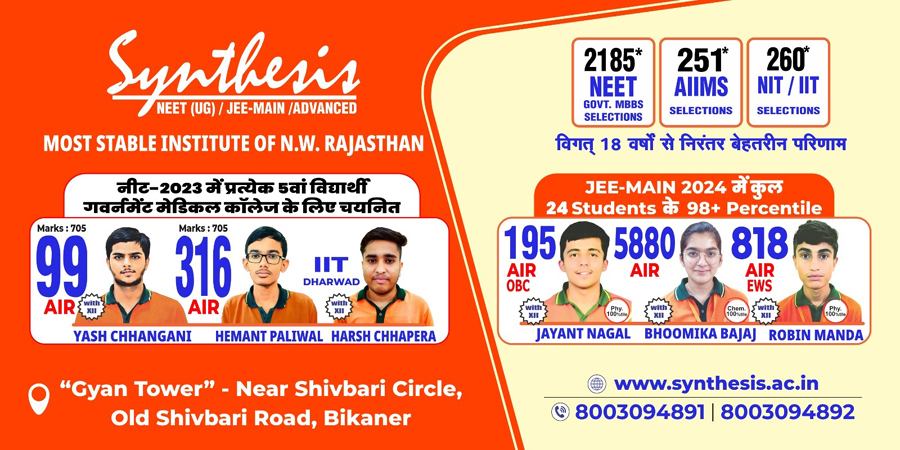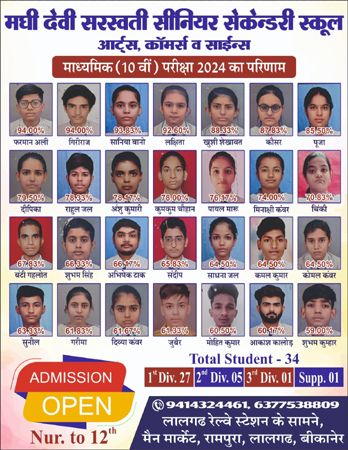









Jaipur. Abhayindia.com Following an appeal from People for the Ethical Treatment of Animals (PETA) India, the director of the Rajasthan Department of Animal Husbandry and member secretary of the Rajasthan Animal Welfare Board wrote a letter to all district collectors and the chair of the committee for the prevention of cruelty to animals to ensure implementation and issue necessary directions for the prohibition of the import, manufacture, sale, and use of glue traps in their respective districts. The letter requests compliance with advisories circulated by the Animal Welfare Board of India (AWBI) against glue traps for catching rodents, which call for a similar ban. The letter has also been circulated to the secretary of the AWBI, the honourable chairman of the Rajasthan Animal Welfare Board, and the offices of the principal secretary, joint secretary, and joint director (also ex-officio secretary of the district-level Animal Cruelty Redressal Committee) of the Department of Animal Husbandry. The letter is also addressed to the commissioner of Industries, Commerce, & CSR, Rajasthan, and the Indian Pest Control Association for information and necessary action.
“PETA India applauds the Rajasthan government for taking steps to protect animals, no matter how small, and calling for effective implementation and adherence to the ban,” says PETA India Advocacy Officer Farhat Ul Ain. “Glue traps are ineffective in the long term because they don’t address the underlying issue. Instead, more rats and mice move in to fill the void traps create, as a temporary increase in the food supply prompts them to breed. The result is a vicious killing cycle in which many animals suffer and die.”
In its appeal, PETA India requested that the state take immediate steps to implement the AWBI’s advice against glue traps. Rajasthan is the latest of 30 states and union territories to issue directives against these cruel and illegal sticky traps. The governments of Andaman and Nicobar Islands, Andhra Pradesh, Arunachal Pradesh, Chandigarh, Chhattisgarh, Delhi, Goa, Gujarat, Haryana, Himachal Pradesh, Jammu and Kashmir, Jharkhand, Karnataka, Ladakh, Lakshadweep, Madhya Pradesh, Maharashtra, Manipur, Meghalaya, Mizoram, Nagaland, Odisha, Punjab, Sikkim, Tamil Nadu, Telangana, Tripura, Uttarakhand, and West Bengal have issued similar circulars directing action against and imposing prohibitions on these cruel traps.
The use of glue traps, which cause unnecessary suffering to animals, is a punishable offence under Section 11 of The Prevention of Cruelty to Animals Act, 1960. Usually made of plastic trays or sheets of cardboard covered with strong glue, these traps are indiscriminate killers that frequently ensnare non-target animals. This makes their use also a violation of the Wild Life (Protection) Act, 1972, which prohibits the “hunting” of protected indigenous species. Mice, rats, and other animals caught in these traps may suffocate when their noses and mouths become stuck in the glue, while some even chew through their legs in a desperate bid for freedom and die from blood loss. Others starve to death after being stuck to the board for days. Those found alive may be thrown away along with the trap or face an even more traumatic death, such as bludgeoning or drowning.
PETA India notes that the best way to control rodent populations is to make the area unattractive or inaccessible to them: eliminate food sources by keeping surfaces and floors clean and storing food in chew-proof containers, sealing trash cans, and using ammonia-soaked cotton balls or rags to drive rodents away (they hate the smell). After giving them a few days to leave, seal entry points using foam sealant, steel wool, hardware cloth, or metal flashing. Rodents can also be removed using humane cage traps but must be released where they will find adequate food, water, and shelter to help them survive.
-Anish Saxena Datta













